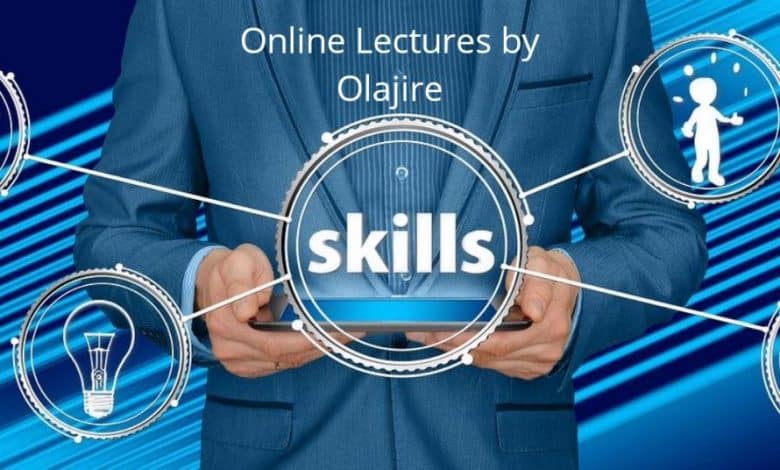How Effective Is Online Learning In Nigeria

Many things were affected during the pandemic, including the country’s education system. Schools were shut down and forced to take online classes to continue school activities. Online learning, or e-learning as it is generally called in Nigeria, integrates electronic technology into the education system.
E-learning offers students considerable benefits, including the convenience of time, place, and availability of a greater variety of learning resources.
Historically, the development of online learning can be traced back to telecommunication development, which began in 1886 when the colonial masters established e-cable connections. In 1983, the National Open University was established by an Act of the National Assembly as the first distance-learning tertiary institution in Nigeria.
During the pandemic outbreak, many schools and private tutors are looking for a way to continue engaging their students. Most of the platforms that most schools use include Telegram, WhatsApp, skype, zoom, LMS (Learning Management System), etc. Lagos State government made an effort by creating a website (lagosschoolsonline.com) where students can access world-class online learning resources, which can be downloaded and printed for teachers in the classroom or parents at home to support pupils’ learning.
However, some teachers, lecturers, and students complained that virtual learning platforms are less effective than physical classes. In Nigeria, we are used to physical classes, and online classes are a bit strange to us, so the transition process was difficult for both students and teachers.
In my children’s school and many other schools in Nigeria, e-learning was aborted, especially at the primary and junior secondary school level, because many parents felt it wouldn’t work out. Some excuses include inadequate power supply, high internet data charged by the network providers, poor network services, teachers’ inexperience in handling e-classes, and how children will be monitored if parents aren’t at home during remote learning, etc.
So many excuses prevented the e-classes from working out in Nigeria, and most students were forced to stay at home for the lockdown period without interacting with their teachers.
Challenges
High rate of Data Charged by Network Provider: The cost of 1Gigabyte is N500, and the usage of this data is limited. My point is that if the learning platform is Zoom, you can’t use 1GB for 1 hour because it can’t be enough. So many people can’t afford this amount daily or weekly for their children to use for learning.
Epileptic Power Supply: The power supply in this country is not encouraging, which is one reason why e-learning is ineffective. To charge your mobile device effectively, you need close to a 3-4hrs power supply; some areas or even cities can’t boast of 5-hour power supply.
Poor/Slow network services: The network service must be solid and fast for a compelling learning adventure online. Sometimes, network services are worse, especially during the rainy season. The downloading and uploading speed can be less than 10kb/s during the rainy season. To get a downloading speed or uploading speed of 1Mb/s is very rare. So this is one of the significant challenges online classes face in Nigeria.
Response of students during online classes: During e-learning, students responded half-heartedly, and some were not even interested in what you teach online. As a tutor, I discovered that most students prefer social media over online classes. For example, suppose a teacher engages a student on the telegraph, and a friend just uploaded a picture on Instagram. In that case, the student will prefer to view the image rather than stay connected to the class. This way, the student gets distracted.
The government should look for a way to solve these challenges facing online learning in Nigeria by providing the basic amenities to aid learning. By doing this, primary, secondary, and tertiary institutions will be able to maximize the benefits of remote learning.
